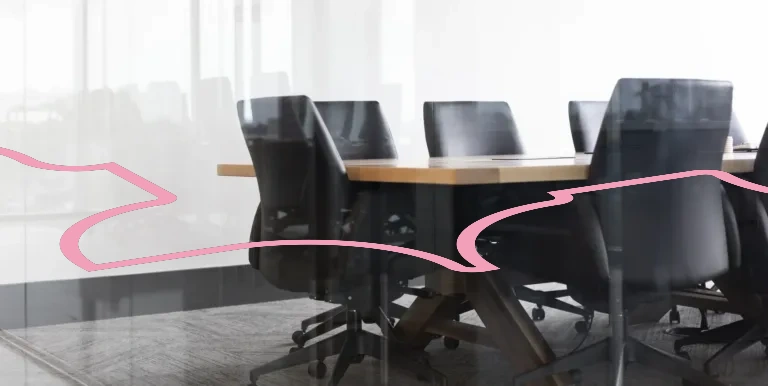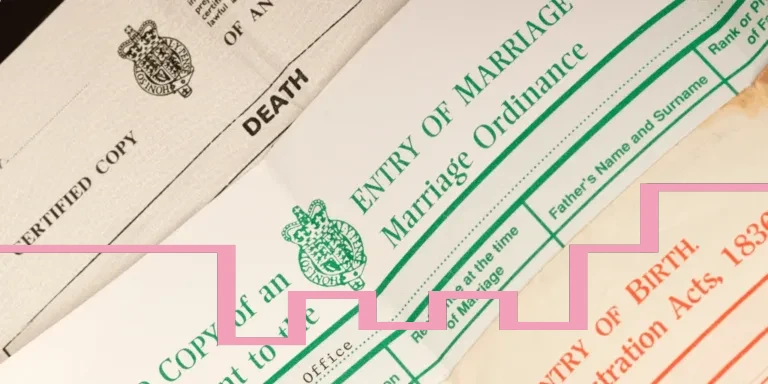More relaxed rules have been introduced, which enable donations given to a failed charity appeal to be applied to a different charitable purpose in certain extra circumstances.
What were the previous rules?
The Charities Act 2011 allows donations to be applied ‘cy-près’, meaning “as near as possible to the donor’s wishes when these cannot be followed”.
For example, if a charity asks for an amount of money to buy a dog bed, but the funds either do not reach that goal or they exceed it, then they could seek to use the cy-près process. Applying those funds cy-près would mean that the charity could instead buy a dog blanket or something else in the same vein as the original objective, rather than returning the funds to the donors.
However, to be able to apply donations cy-près, there were various rules in place and if a donor could not be found or identified, then trustees would have to use a cy-près scheme to be able to apply the property cy-près. This is a legal document which would need to be sent to the Commission and approved.
The Charities Act 2022
The Charities Act 2022 has introduced more relaxed rules in this area. Donations given to a failed charity appeal can be applied cy-près in certain extra circumstances – notably without as much of an administrative burden on the trustees.
These circumstances include:
- Small donations – Where the charity trustees reasonably believe that a donor has given £120 or less in a financial year (whether by a single donation or cumulatively over the year), they do not need to contact the donor. That is, unless the donor made a written declaration at the time the donation was made that it must be returned should the appeal fail.
- Cash collections – Where donations comprise the proceeds of a cash collection made by collection boxes, lottery, competition or similar methods, if it is not possible to identify individual donors.
- Charity commission advance agreement – Where a charity has agreed with the Charity Commission reasonable steps to contact donors to offer the return of their donations and, having followed those steps, has not identified or found a donor.
- Charity Commission decision – Where the court or Commission decides it would be unreasonable to incur expense in taking steps to return the donation, or it would be unreasonable for the donors to be expect the donation to be returned.
- The extension of charity trustees’ power to apply cy-près applies both where there has been: an initial failure of the appeal – for example, insufficient funds being raised so the purpose of the appeal cannot be achieved; and a subsequent failure of the appeal – for example, a surplus of funds after achieving the purpose of the appeal.
Choosing the new purpose for the donations
After determining that the funds can be applied cy-près, the trustees will then need to decide what new purpose the donations should be used for.
When making this decision, they must consider:
- the desirability of securing that the purposes are, so far as reasonably practicable, similar to the original purpose; and
- the need for the purposes to be suitable and effective in the light of current social and economic circumstances.
The trustees must formally make their decision by way of a resolution. If the total value of the donations to be used for the new purpose is up to £1,000, the resolution is effective on the date it is passed. However, if the total value of the donations is over £1,000, the trustees must ask the Commission to authorise the resolution. The resolution is then effective from the date the Commission authorises it.
A less cumbersome process
The extended power to apply funds cy-près provides greater flexibility, which is particularly useful given a significant number of donations are given online where the donors are often unidentifiable. The process should now be less cumbersome for the trustees dealing with proceeds of a failed charity appeal, and means that charities can potentially continue to benefit from donations when previously they did not.
Can you avoid the need to consider cy près altogether?
In short, yes! If the fundraising appeal is carefully drafted, trustees can make clear that if the appeal raises too much or too little, then the funds can be used for other purposes.
Support for trustees
Lodders’ charity law solicitors provide outstanding legal advice and a highly personal service to our charity and not-for-profit clients. We regularly offer training to trustees – both new and old – as well as attending trustee meetings and AGMs to provide a legal sounding board.
Contact usContact us
Need more advice?
For help with a legal problem or more information on any of our services at Lodders, please get in touch with our friendly team. You can contact us via the number or email address below, or fill in the form and we will get back to you as quickly as we can.

Contact a member of the team
Read more
Other news, insights and events







